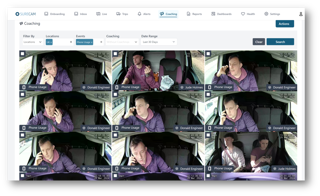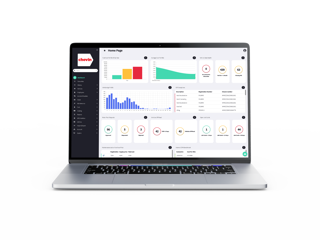Chevin Fleet Solutions says fleets can improve management of accidents and driver safety by making better, evidence-led projections about fleet risks.
While automotive safety technology is advancing and there is an increased focus on safety training and awareness, recent statistics show that the number of people killed or serious injured on British roads reached increased to 1,810 (6% year-on-year) for the 12 months ending September 2016.
The fact that motor traffic levels have also risen – by 1.4% in the same period – does little to dampen the severity of the fact KSI rates have steadily increased since hitting their lowest rate in 2013. The figures show that there is still a lot to be achieved when it comes to improving road safety.
Ashley Sowerby, managing director at Chevin, said: “Though driver and vehicle safety is being increasingly prioritised, accidents and associated fatalities on the UK’s roads continue to persist. The trend shows that while there is a recognised need to reduce risk, not enough is being done to actively identify why incidents are occurring and take adequate preventative actions.”
According to Chevin, one strong opportunity for operations to help improve accident management lies in evidence-based risk profiling. The company says that many organisations are already sitting on vast amounts of fleet-related data that, if harnessed and assessed effectively, could support improved management decisions.
Data-led risk profiling - including continuous measurement, action and re-measurement of both vehicle and driver risk - can offer great value in helping reduce the likelihood of accidents occurring, says Chevin. It can also help manage the aftermath and keep costs down when incidents do take place.
“Accidents cost fleets millions of pounds annually,” said Sowerby. “They can cause injuries and fatalities, and can do great harm to a company’s reputation. Data-led risk profiling can be extremely beneficial for helping control accidents and manage incidents at all stages.”



















Login to comment
Comments
No comments have been made yet.